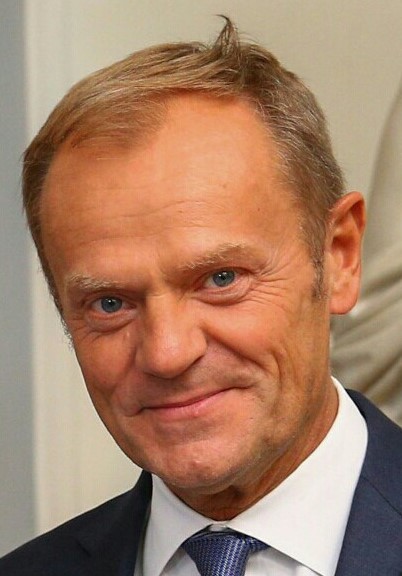Real political difficulties lie ahead for Brexit. So said EU summit chair Donald Tusk after British Prime Minister Theresa May showed him a preview of the vision of future trade ties she will unveil on March 2.
Over lunch at her Downing Street office, aides said, May told him a draft Brexit treaty published by the European Union on February 27 was “unacceptable” in its proposal of keeping Northern Ireland effectively in an EU customs union, potentially isolating the province economically from the British mainland.
As reported by the Reuters news agency, Tusk offered a robust defence of the draft, which the EU says is a “backstop” for avoiding a “hard border” that might disrupt peace in Ireland. Before their meeting, he said he would be asking May if she had a better idea to achieve that.
No details emerged of exactly what May will propose in her speech for an “ambitious economic partnership” after Brexit. Some ministers have suggested that it can achieve “frictionless trade” between the whole United Kingdom and the EU and avoid the need for a special deal in Ireland.
May’s spokesman said her ministers had agreed with her that her speech would be “a real step forward in the negotiations”.
However, Tusk has dismissed as “pure illusion” some of the ideas that many expect to form part of her proposal to maintain close regulatory alignment with the EU in some sectors.
“Friction is an inevitable side effect of Brexit,” he told a business conference in Brussels on March 1.
Also addressing the conference, the EU’s chief Brexit negotiator Michel Barnier urged company bosses to prepare for Britain’s departure. He said the “only certainty” was that Britain would be out of the EU next March, and so businesses must prepare. “Of course, the transition period currently under negotiation would give you more time to adapt.”
In a separate report, Deutsche Welle, Germany’s international broadcaster, noted how Barnier told reporters the only option open to the UK is a free trade deal, similar to the ones the EU recently signed with Canada and Japan.
“The UK is closing the door on itself one by one and the only possible model which remains is that of the free trade agreement, as we did recently with Canada, Japan or Korea,” Barnier said in Brussels.
However, Frans Timmermans, deputy head of the European Commission, told MEPs on February 28 that there is still time to go back. “If they change their minds and want to come back to the European Union, I think we would all welcome them warmly back into the European Union family.”

